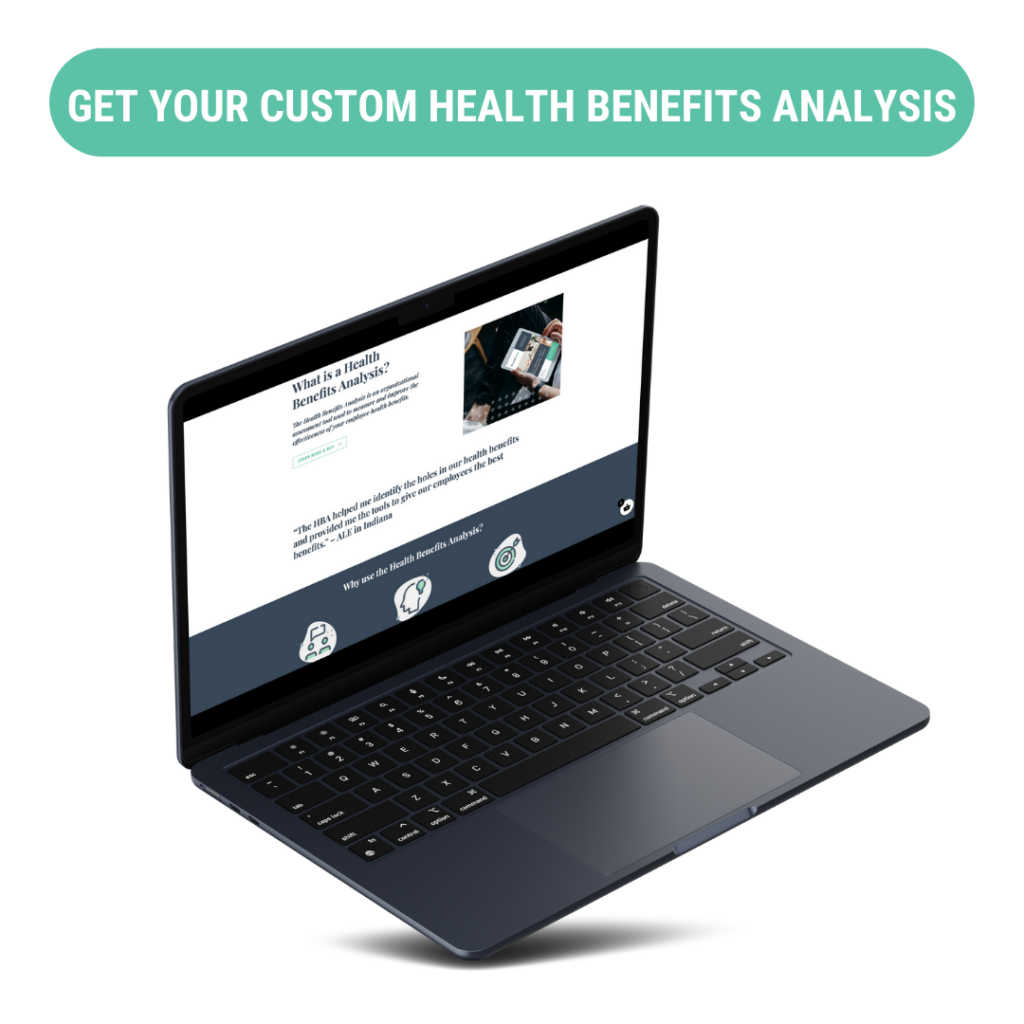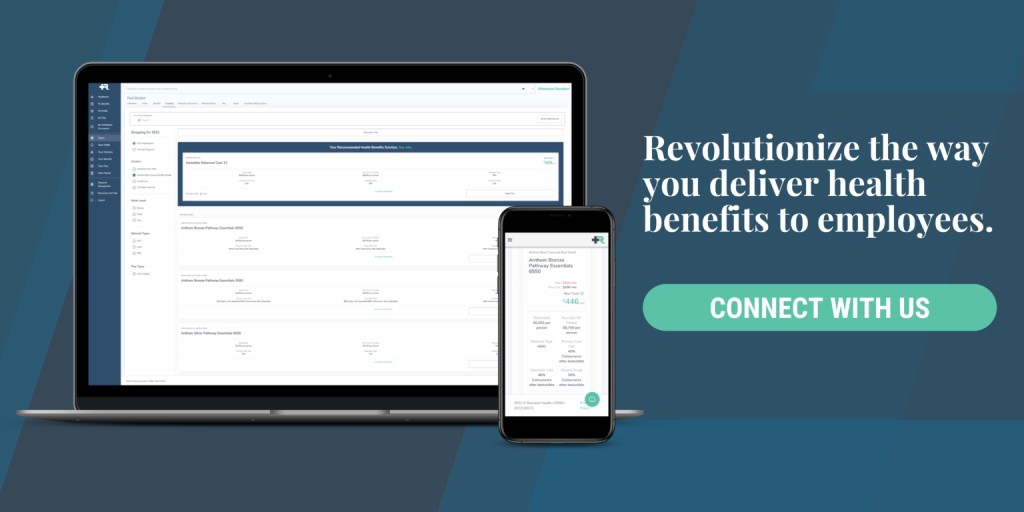Healthy things live, living things grow, and growing things change. But often, change is uncomfortable, and sometimes even painful. This is especially true when it’s changing something important to us — such as our healthcare.
For most, our healthcare is very important to us, so asking someone to rethink their health benefits can make them afraid. Our new Growing with Change Ebook is all about this very topic, sharing the true stories of people just like you who decided changing up their healthcare was a risk worth taking.
One problem with fear is that, often, it keeps us from processing things clearly, and blocks us from progress. Fear of the unknown makes us miss the opportunity to explore, discover… and to grow with change.
I recently sat down (over Zoom) with some of the leaders at Faith Community Health System in Texas. Their CEO, CFO and HR Director all shared their experience of working through change and choosing to grow with it. By growing with change, they saved over 50% on their healthcare costs their first year — without worsening benefits.
My conversation with them brought out some really great thoughts about what it means to grow with change and how to do it well. Look for yourself in their stories. Whether you represent a small or large organization, these 3 principles will empower you to engage with change instead of being afraid:
1. Recognize Change
Frank is your quintessential CEO visionary — always looking for ways to go further, faster. Like most groups, Faith Community Health saw an average of 7-9 percent rate increases year over year over year. “We’ve got to be able to do this differently,” Frank said to his team innumerable times as he watched his costs skyrocketing.
Frank pointed out that part of their success started by choosing to recognize change was part of the solution: “[We] all had the mindset of fixing the problem, instead of just accepting that there was a problem that couldn’t be fixed… let’s look and see how we can solve that problem,” shared Frank.
To Faith Community Health, change meant being able to unlock tax credits that weren’t previously available under their old group plan. It also meant managing the large employer mandate better, and thinking of employees as individuals instead of just one big group.
“Get out of the box—think differently,” Frank encouraged anyone who is still on the fence about change.
2. Utilize Change
As the CFO, Bonnie self-admittedly does not like change. But when she realized that this change in health benefits could actually improve the cash flow of her organization, she decided it was worth devoting some time and attention toward learning more. A managed individual health benefits model is, afterall, a paradigm shift away from outdated traditional group models — so it takes some unlearning.
Bonnie was very honest as she shared some of her initial concerns in the change: “[Remodel Health] was really kind of outside the box, and I’m an inside the box kind of person.”
When she took a step back, she realized that staying in the box meant she was letting change happen to her (i.e. unpredictable rate increases, cashflow, budget, etc.). In the long run, she realized this was actually causing her just as much anxiety as the thought of exploring change. As she continued to learn about her options, she realized she didn’t have to wait on change, but could actually be the one to initiate it and, therefore, grow with it.
Bonnie also realized that rethinking their health benefits would allow them to isolate certain acute needs within the group and care for them individually — helping protect the aggregate expenses for the group as a whole. This equals greater fiscal stability for the organization at large.
Utilizing change meant they were able to offer equitable levels of benefits at a fraction of the cost. Providing the team and admin support is paramount to the positive transition into managed individual. There is more engagement on the part of the employee, but this is actually a good thing!

3. Strategize Change
As the HR Director, Debbie believes in caring for people. Debbie understands that healthcare is personal, so health plan options should be personalized, too. But all too often, healthcare looks more like a one-size-fits-all sort of approach — while still overpaying.
“At first, there was pushback, because it was different from what they were used to,” Debbie admitted. Their reservations are understandable, seeing as healthcare hasn’t been the most reliable for employees over the past decade, especially for those with unique circumstances needing special care. Because of this, Debbie realized they needed to put an intentional focus on people — a strategy to care better.
This is why keeping health benefits personal is so important while strategizing change. Focusing on family needs and using an individualized approach allows for small changes that, when applied to the whole group, make a big difference. In fact, for Debbie and her team, everyone choosing to strategize change altogether helped them save over $1 million for their organization without sacrificing the quality of their benefits!
Start Your Story
Did this story get your gears turning? Where did you see yourself in this story? What sort of impact could your organization see if you decided to grow with change? Take the next step and explore what is possible for you and your team. Email us at [email protected] to get connected with one of our benefits consultants for a free analysis!
And be sure to check out our “Growing with Change” Ebook. This story of Frank, Bonnie and Debbie represents just one of so many others highlighting the positive impact of growing with change instead of fighting against it. In fact, over the past three years, organizations have saved more than $23 million by rethinking their health benefits with Remodel Health!

Important Notice: Remodel Health does not intend to provide specific insurance, legal, or tax advice. Remodel Health always recommends to consult with your own professional representation to properly evaluate the information presented and its appropriate application to your particular situation.
